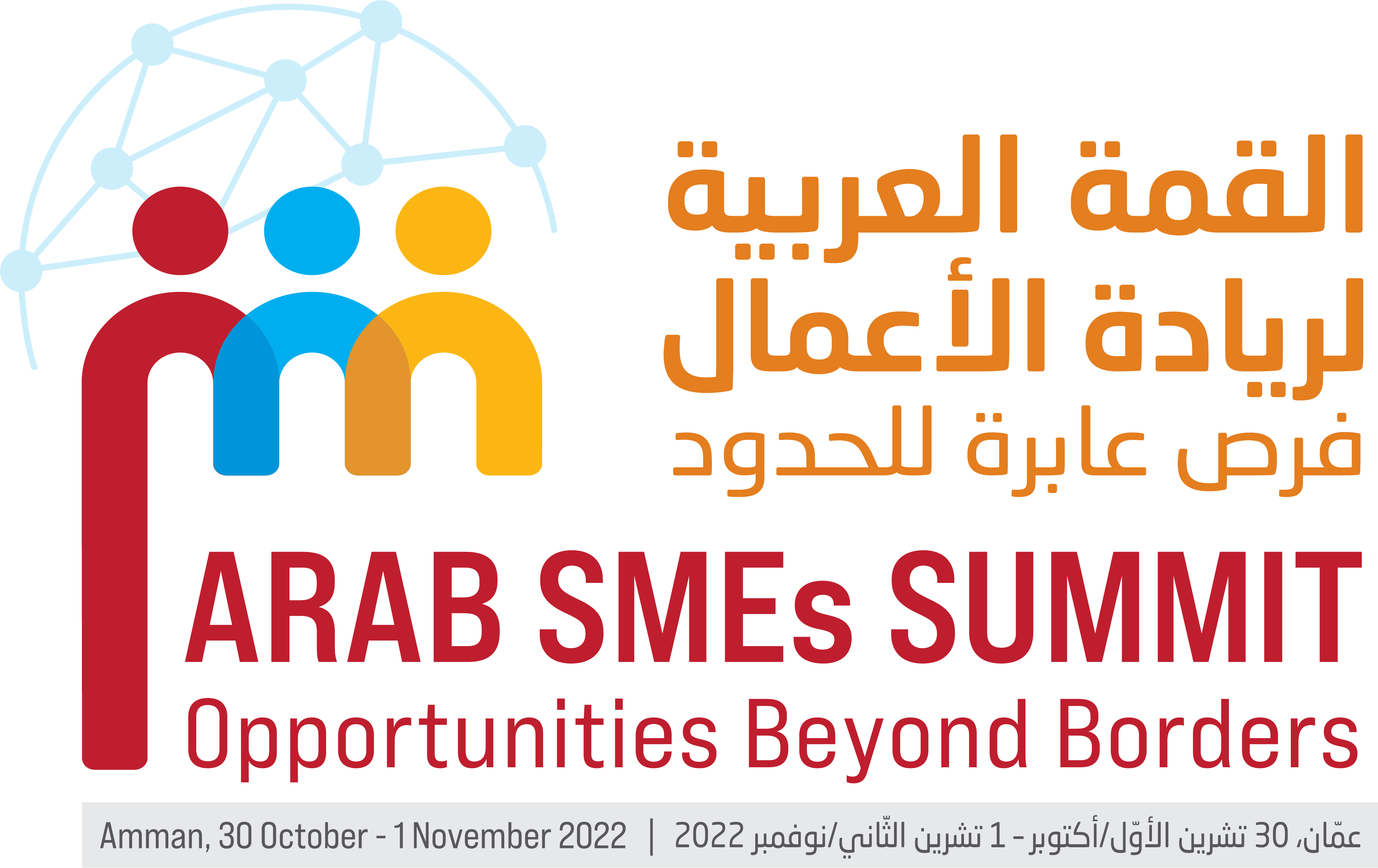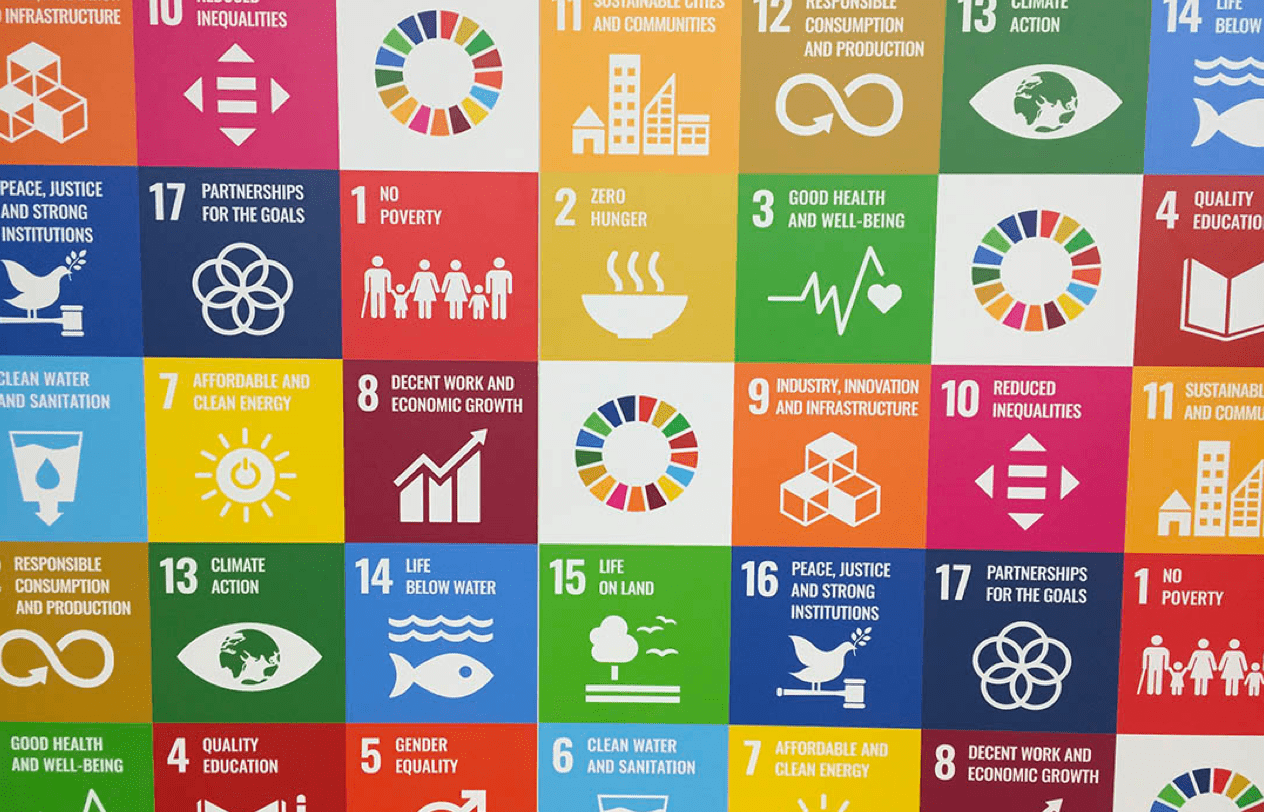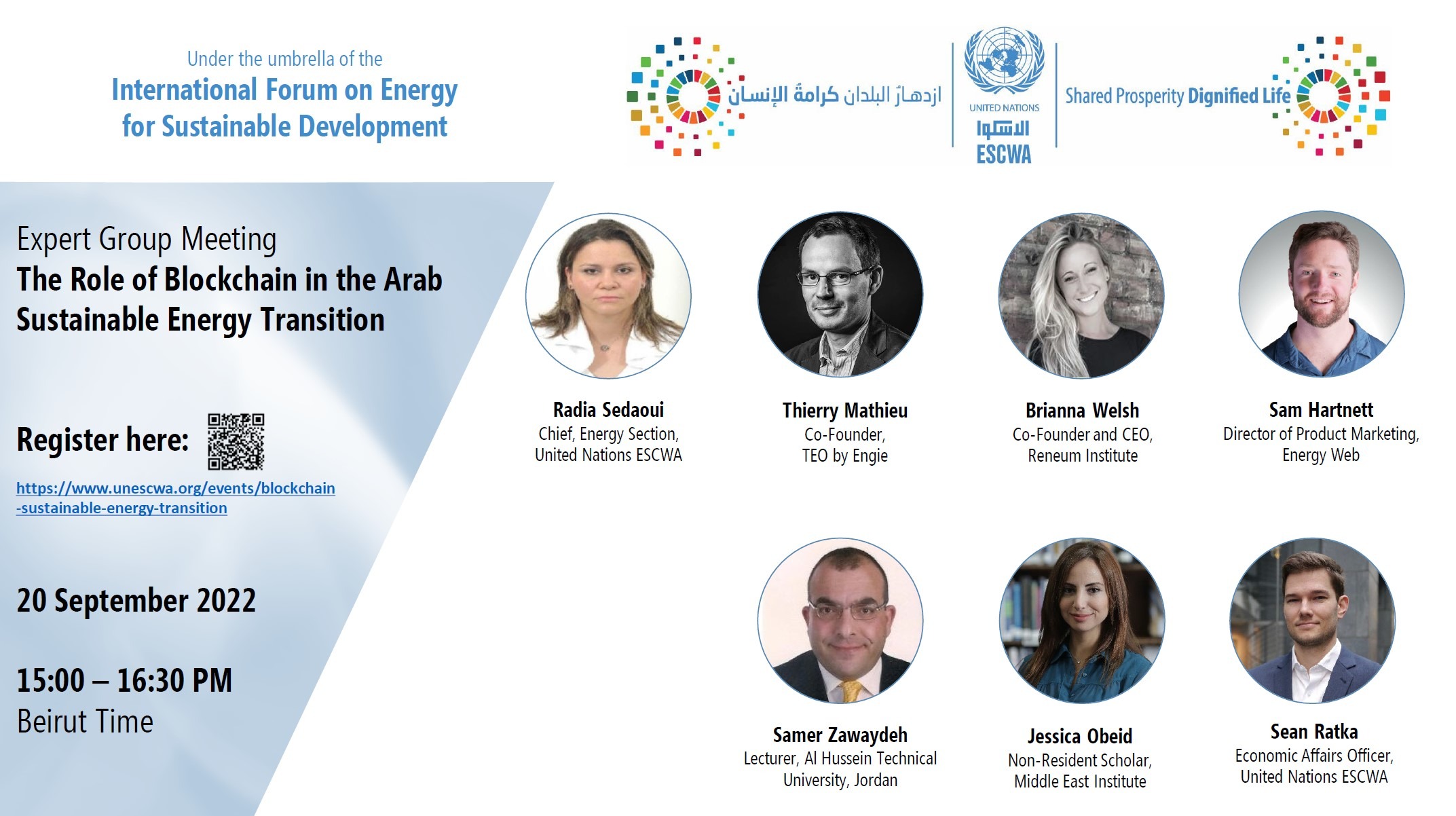
ESCWA: South-South & Triangular Cooperation Featured Partner
About ESCWA
The Economic and Social Commission of Western Asia (ESCWA) is one of the five regional commissions of the United Nations created to fulfill the economic and social goals set out in the Charter and promote cooperation and integration between countries in the Arab region. It was established on 9 August 1973 and to date comprises 20 Arab countries from the global south: Algeria, Bahrain, Egypt, Iraq, Jordan, Kuwait, Lebanon, Libya, Mauritania, Morocco, Oman, the State of Palestine, Qatar, Saudi Arabia, Sudan, Somalia, the Syrian Arab Republic, Tunisia, the United Arab Emirates, and Yemen. The Commission has its headquarters in Beirut, Lebanon.
ESCWA operates through different thematic clusters: “Climate change and natural resource sustainability”; “Gender justice, population and inclusive development”; “Shared economic prosperity”; “Statistics, information society and technology”; “2030 Agenda and SDG coordination”; and “Governance and conflict prevention”. Work on these themes is done in synergy and is aimed at stimulating economic activity and inclusive social development in member States, strengthening cooperation between them, encouraging the exchange of experiences and integration, and promoting sustainable development.
ESCWA supports the efforts of the member States and aids them in ensuring prosperity and equality. By analyzing regional and national economic, social and environmental trends in the light of global United Nations agendas, ESCWA provides Arab countries with policy recommendations that build on a thorough analysis of facts and commonalities. It also underscores the benefits of integration and creates regional public goods, including knowledge, data, tools and capacity.

The Commission leverages its convening power to promote dialogue and knowledge sharing at the national, regional and global levels, and to foster interregional cooperation and vibrant South-South partnerships.
South-South and triangular cooperation activities are at the center of ESCWA’s work: through knowledge generation and sharing, capacity-building and policy advice, ESCWA creates a platform where the capabilities of the South are shared and enhanced through peer learning, and where the human and financial resources of the North can be invested to broaden the horizons of cooperation in support of sustainable development.
The sharing of experiences across countries and regions, South-South cooperation, the use of national expertise from the beneficiary countries to the extent possible, and the building of knowledge networks to facilitate continued exchange and assistance are characteristics of ESCWA’s technical cooperation.
Regional Collaborative Platform
The Regional Collaborative Platform (RCP) is the primary United Nations regional coordination mechanism. It aims to optimize regional United Nations assets in the service of member States through United Nations country teams and resident coordinators, as they strive to support the Member States in achieving the 2030 Agenda and its Sustainable Development Goals. RCP is supported by a joint secretariat, chaired by the United Nations Deputy Secretary-General, and ESCWA and the United Nations Development Programme (UNDP) as co-vice-chairs.
RCP work is informed by dynamic issue-based coalitions (IBCs), chaired by United Nations entities with relevant mandates and expertise. IBCs produce joint regional public goods in the form of knowledge products, data, tools and policy recommendations, targeting the most pressing issues in the region. IBC themes change annually. MANARA, or ‘lighthouse’ in Arabic, is an online knowledge management and data hub developed by the Arab region’s RCP. MANARA provides member States, partners and the public with a one-stop-shop to access all United Nations. To access the platform, please click here.


ESCWA-UNOSSC Joint Initiative on “Addressing Social Justice under Conflict and Fragility”
The UNOSSC Division for Arab States, Europe and the CIS in Istanbul partnered with ESCWA to support Arab countries in systematic knowledge and experience exchange on social justice with other Southern countries that have similar complex socioeconomic and political situations. This collaboration is also in line with the Division’s overall policy, partnerships, and technical and capacity development support priorities to the Member States, UN system entities and other stakeholders in the advancement of the South-South, East-East and Triangular cooperation agenda.
Within the South-South framework of cooperation and ESCWA’s technical cooperation work with Arab countries, the objective of the project is to exchange knowledge and capitalize on experiences from conflict and fragile situations to foster dynamic engagement and streamlined action by relevant actors to ensure social justice for citizens. The project will explore the challenges and potential solutions for mainstreaming principles of equality, equity, human rights, and participation under socio-economic and political complex conditions. For more details, click here.
Featured Events

Arab SMEs Summit: Opportunities Beyond Borders, 30 October – 01 November 2022
[vc_column column_padding="no-extra-padding"...

7th Workshop on Voluntary National Reviews, 18-19 October 2022

Social Expenditure Monitor and Macro-fiscal Modelling Tools in Jordan 26-29 September 2022

Expert Group Meeting: The Role of Blockchain in the Arab Sustainable Energy Transition, 20 September 2022
Featured Publications
Policy Toolkit: Regional Initiative for Promoting Small-Scale Renewable Energy Applications in Rural Areas of the Arab Region (ESCWA, July 2022)
Policy toolkit: Regional Initiative for Promoting Small-Scale Renewable Energy Applications in Rural Areas of the Arab Region (ESCWA, July 2022)

Arab Food Security: Vulnerabilities and Pathways (ESCWA, 2022)
[vc_column column_padding="no-extra-padding"...

ESCWA Water Development Report 9: Groundwater in the Arab Region (ESCWA, September 2022)
[vc_column column_padding="no-extra-padding"...
